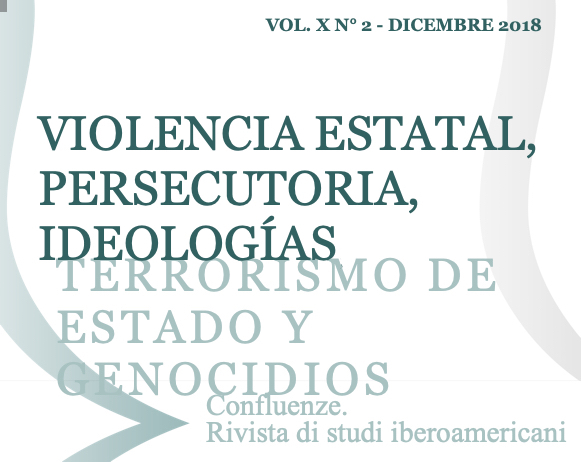Estructura socio-espacial y narrativa social en Centro Habana. La subjetivación de formas capitalistas en Cuba
DOI:
https://doi.org/10.6092/issn.2036-0967/8859Palavras-chave:
Cuba, social-spatial structure, social narrative, private property, capitalism, subjectivationResumo
The adoption of capitalist forms in Cuba is susceptible to observation at both objective and subjective levels, in the social-spatial structure and narrative of its inhabitants. The distribution and occupation of space, as well as the ownership and conditions of housing, are articulated with class and social origin, skin color, consumption capacity as well as income level. This, together with the category of "private property" that operates as a structuring principle of society, has as its effects the subjectivation of capitalist forms and the (dis)identification of subjects with socialism. To show it, I cross some biographical stories obtained from the field research carried out in the municipality of Centro Habana, with sociodemographic data and indicators on the distribution and occupation of space.
Downloads
Publicado
Como Citar
Edição
Seção
Licença
Copyright (c) 2019 Lizette Mora
Os direitos autorais e de publicação de todos os textos desta revista pertencem aos respectivos autores, sem restrições.
Esta revista é distribuída com a licença Creative Commons Atribuição 4.0 Internacional (código legal completa).
Veja também a nossa Open Access Policy.
Metadados
Todos os metadados do material publicado são liberados em domínio público e podem ser usados por qualquer pessoa gratuitamente. Isso inclui referências.
Os metadados, inclusive as referências, podem ser reutilizados em qualquer mídia sem permissão prévia, tanto para fins lucrativos quanto para fins não lucrativos. Solicitamos aos usuários que forneçam um link para o registro de metadados original.






